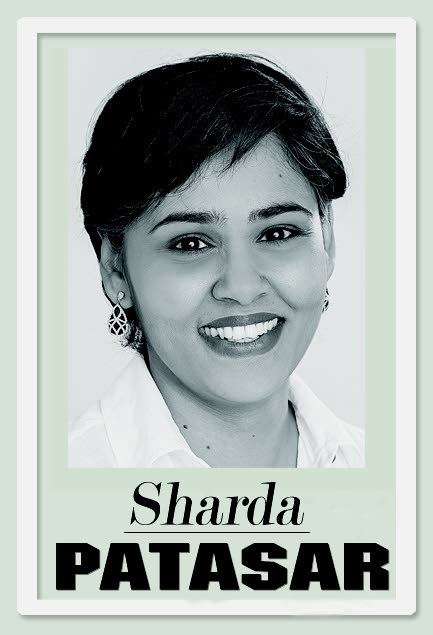Owning our truth

What happens when half a life has been spent denying yourself the right to the full expression of a personal truth?
Personal truths (one shall find a number of articles on the web), define the things that we value. And though some of us overlook them or perhaps never enquire about them, for many of us, it is important to define them for different reasons. The most important naturally is the clarity of vision and direction that they provide for our own lives and the way in which this informs how we interact with others on a larger scale.
It is about authentic living, a fashionable pursuit now, should we visit sites like Facebook or Instagram, where quotations abound on the subject - “Life is not a problem to be solved but a reality to be experienced” (Soren Kirkegaard) says one; “Life is not about finding yourself. Life is about creating yourself” (George Bernard Shaw), says another. And the list goes on.
At the heart of human existence are relationships. The quality of life that each of us lives, hinges on the way in which we form and maintain relationships with others and ourselves. To deny ourselves our personal truths however, whether it is atheism or a belief in gender equality, is to trap ourselves and live part lives that try to shape themselves into a form that is acceptable to those with whom we interact most.
So, in a culture where the dominant belief is that there is a God for instance, while the "healthier" part of the world carries on forming and navigating relationships, sharing the experience of those relationships, whether happiness or grief, within a larger community that understands and can share in its moments, the atheist’s life is spent in a small box where her pain for instance is interpreted as a result of a sin because of her atheistic leanings. And her experience of joy may be seen as happiness derived from the enjoyment of sin much like extramarital sex is, a lack of self-control that will be short-lived. Silence then is the atheist’s chosen path. The dominant voices always have a better reason for their own beliefs while minorities live with the shame of who they are.
I am thrown back this week to the LGBTQ condition. I have written on this but my mind this week, is preoccupied by thoughts of a friend who, after half a life has been lived, has finally been able to own her truth by giving voice to it. Though I have had my own experiences with confronting personal truths and voicing them, for me, her revelation is not only profound as an act of ownership but also because it carries with it the weight of a different generational conditioning to mine.
I cannot imagine the intense courage that act would have taken, neither can I imagine the relief – the relief that comes of finally stepping out of the shadows, the relief of saying out loud "This is who I am" – and the power that would have resulted by this act of ownership. It is an act of grounding, taking the power out of the hands of conditioning institutions–parents, religion, society–and reclaiming one’s right to create oneself.
I am imagining too that this act of ownership will change the dynamics of the important relationships in her life. They are fairly simple dynamics which the heterosexual world enjoys and takes for granted. But, for a person in a same-sex relationship, who has for most of her life suppressed an important part of her own identity while looking on at the development of the ‘normal’ relationships around her, this is naturally a huge adjustment period. Perhaps not so in relation to the public but in relation to those people who matter–close friends and family. The simple act of saying to a family member, ‘X (her partner) is not well. I cannot attend the dinner’ now normalises her life.
I am revisiting the LGBTQ "issue", for want of a better expression, because there is much more to explore than just a case for why the larger public should keep an open mind. Through my friend’s story I am thinking further that denials of the right to expression on account of what is regarded as ‘normal’ in the eyes of the society, negatively affects the quality of relationships that people can have with each other as well as themselves. It is to live half a life.
My friend’s act of owning her orientation now grants her the right and the opportunity to live a fuller life. I wish us all the courage to own our truths as we forge ahead as a nation.

Comments
"Owning our truth"